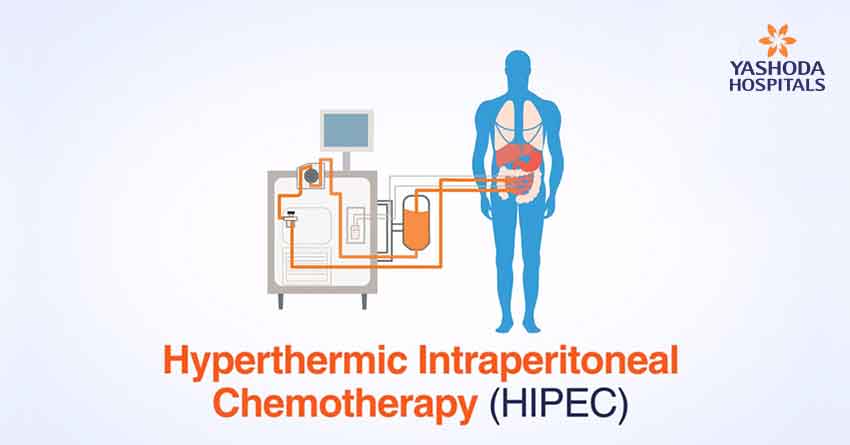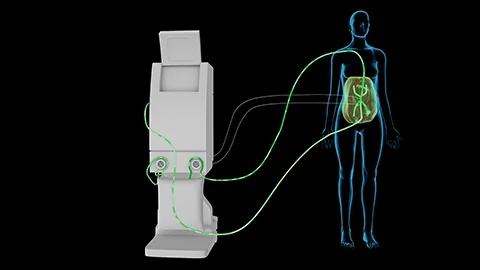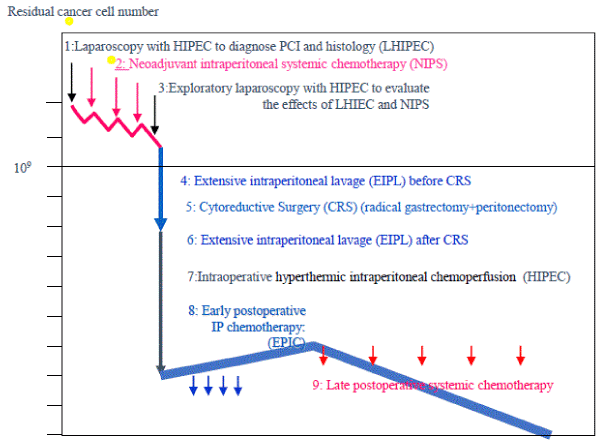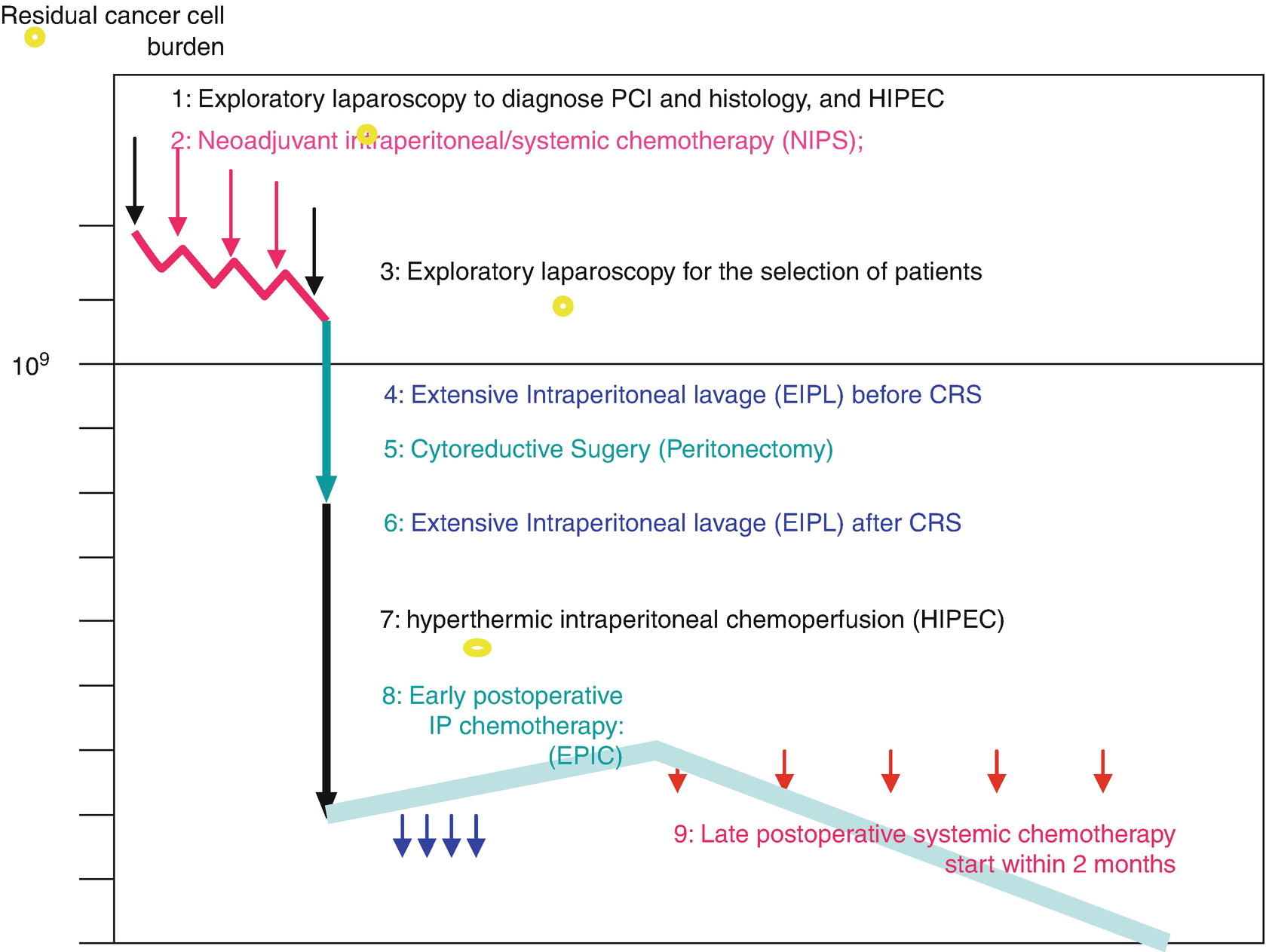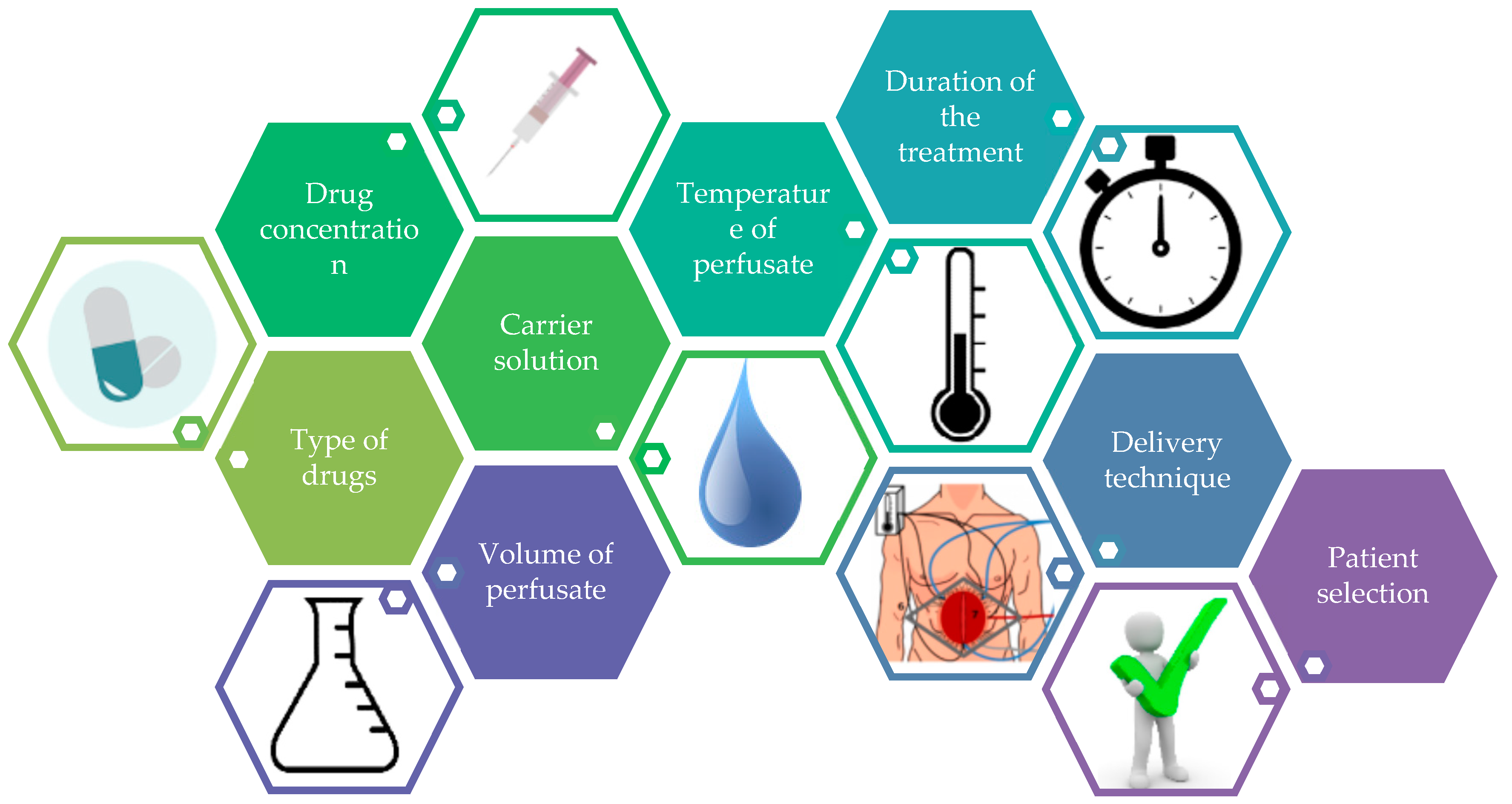The most common complications from hipec are intestinal leaks kidney failure inflammation of the pancreas sepsis and a drop in bone marrow and blood cells.
Side effects of hipec chemotherapy.
Experts say that pairing surgery and hipec together may be more beneficial than chemotherapy alone.
Chemotherapy for intraperitoneal use.
The side effects of ip chemotherapy are different for everyone.
Side effects and risks of hipec may include.
This section lists the most common side effects and how you can manage them.
There can be other side effects associated with hipec however.
After hipec lung or bladder inflammation injuries and nutritional disorders can be seen.
You may have none some or all of these side effects.
Hipec is an aggressive targeted surgical technique that attacks abdominal cancer with fewer side effects than traditional chemotherapy.
The side effects may be caused by the amount of fluid that is injected into your peritoneal space during your ip chemotherapy or by the medication itself.
An increased risk of leakage of bowel junctions anastomoses due to the heated chemotherapy.
Risk of leaking of intestinal adherence joints anastomosis the risk of abdominal inflammation by the infiltration of intestinal materials into the abdomen is low but among serious complications.
Typical side effects like nausea vomiti.
That means the typical side effects of chemotherapy such as hair loss diarrhea and mouth sores often can be avoided.
Chemotherapy delivered through hipec causes fewer side effects than intravenous chemotherapy.
To get the best effect with this procedure the chemotherapy is left inside the abdominal cavity for about 90 minutes before removal.
Some complications are more specific to a hipec.
In this way the normal side effects of chemotherapy can be avoided.
After a hipec complications occur in about 30 of patients.
This is because the high concentrations of chemotherapy solution are unable to cross what is known as the peritoneal plasma barrier.
A review of hyperthermic intraperitoneal chemotherapy and early post operative intraperitoneal chemotherapy american cancer society.
At the end of surgery to remove tumors the patient s abdominal cavity is bathed in a heated highly concentrated chemotherapy solution to eliminate any residual cancer.


